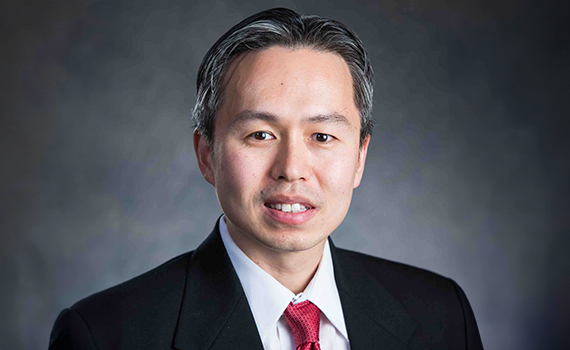written by Sarah L. Minor and Andy Currie
 Arteriovenous fistula (AVF) is the preferred method for vascular access in the United States hemodialysis patients, but high failure rates persist due to our poor understanding of the mechanisms that cause an AVF to fail to mature.
Arteriovenous fistula (AVF) is the preferred method for vascular access in the United States hemodialysis patients, but high failure rates persist due to our poor understanding of the mechanisms that cause an AVF to fail to mature.
A game-changing advancement in hemodialysis care may be within reach, led by Timmy Lee, M.D., M.S.P.H., vice chair for research and professor of medicine in the Division of Nephrology. With support from a Veterans Affairs Collaborative Merit Award for the study, BCCMA: Cardiovascular Remodeling following Arteriovenous Fistula Creation: Autophagy Contributes to Adverse Arteriovenous Fistula Remodeling, Lee and his team are conducting research to prevent complications, focusing on how autophagy triggers adverse changes in arteriovenous fistulas. This study aims to understand how autophagy drives fibrotic changes in AVF veins, paving the way for novel treatments for patients with end-stage kidney disease.
Lee has been involved in hemodialysis vascular access research since 2002 and has over 80 publications in vascular access research. His research spans clinical trials, epidemiologic studies, and laboratory-based translational research programs focused on dialysis vascular access, investigating human vascular access blood vessel tissue biorepositories and uncovering mechanisms of arteriovenous fistula dysfunction through animal models.
Lee’s overall research goal is to develop new therapies that prevent and treat complications related to hemodialysis vascular access dysfunction and improve care delivery for patients with hemodialysis access needs.
Want to learn more? Explore Lee's research journey on his scholar's profile.